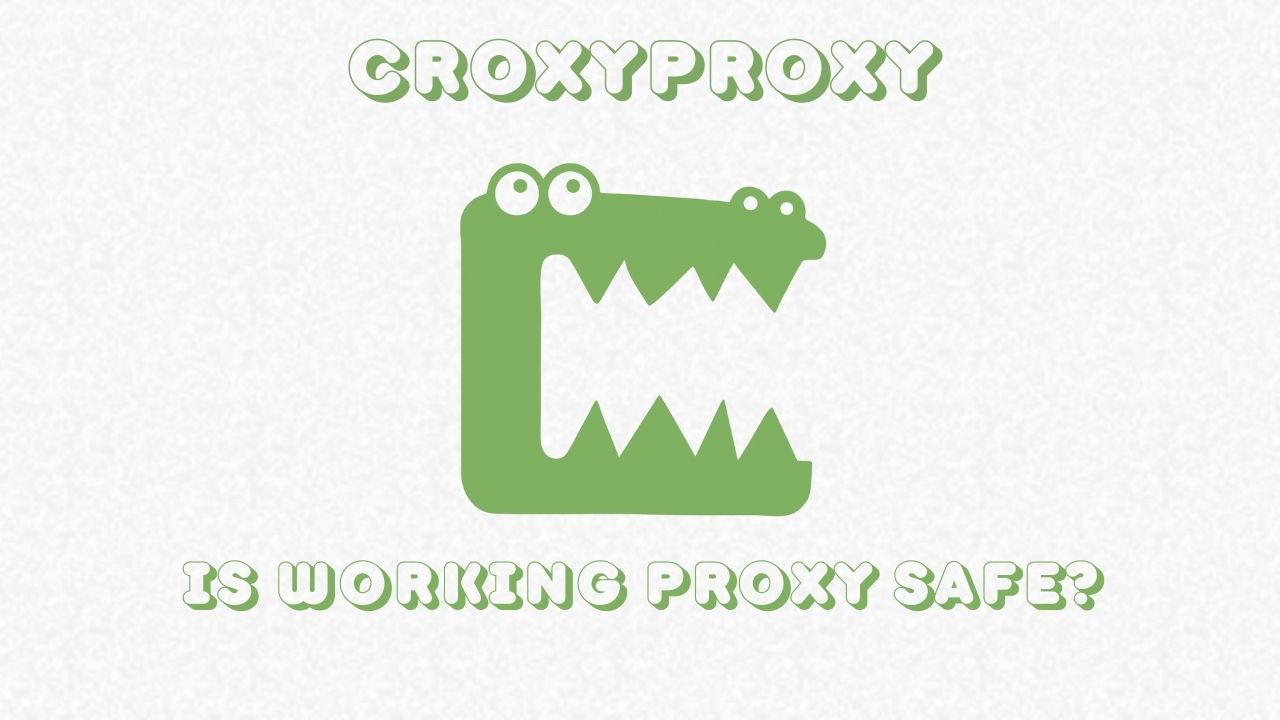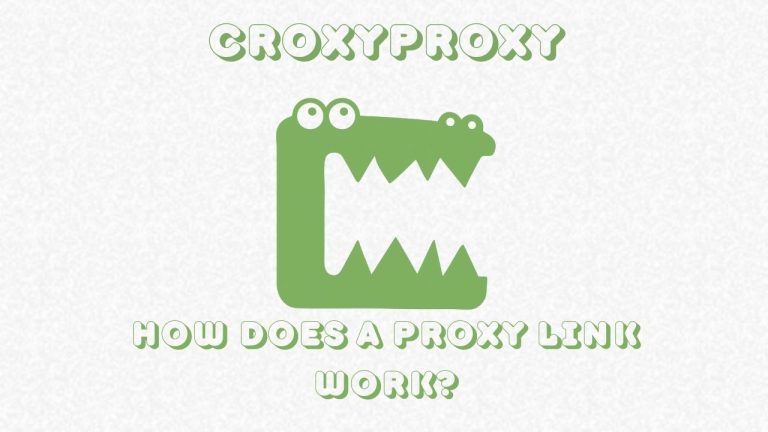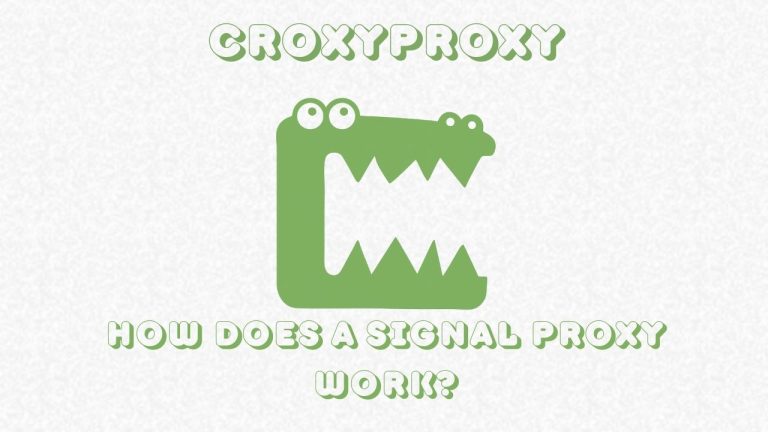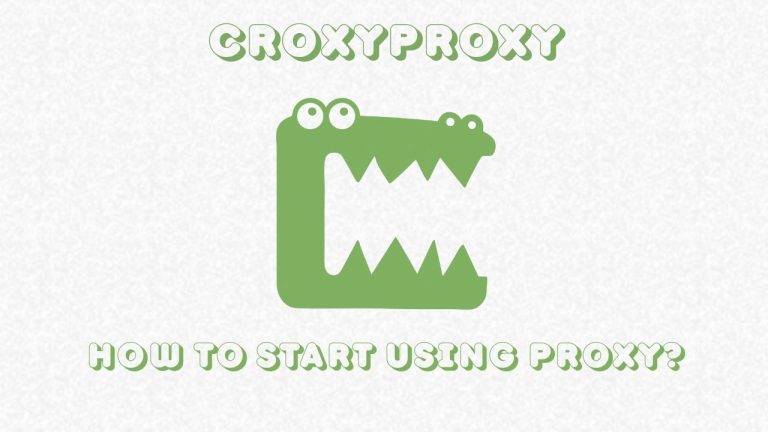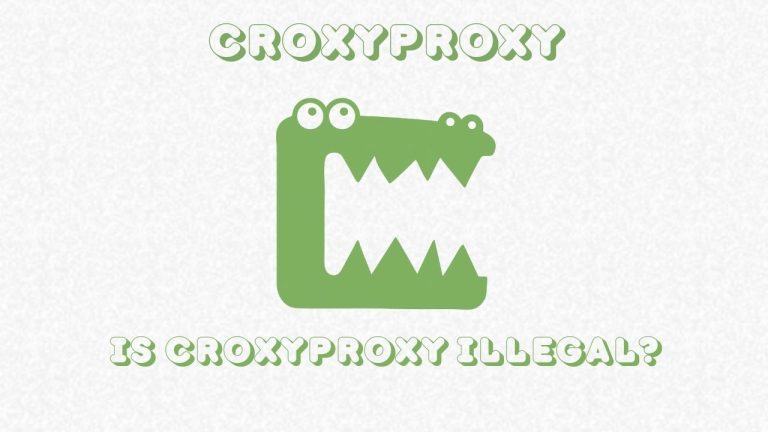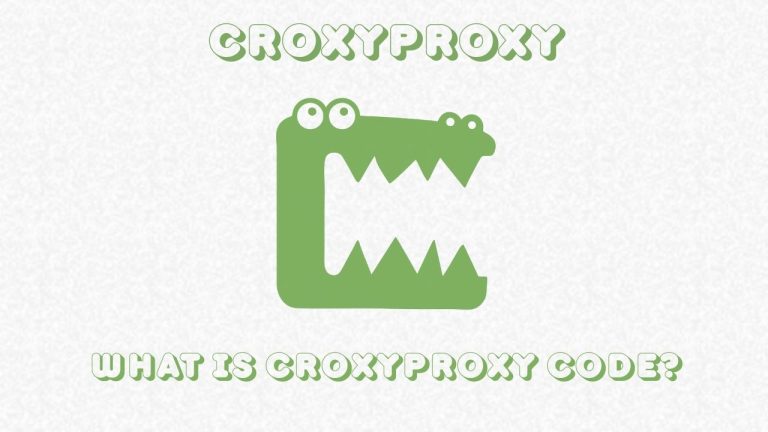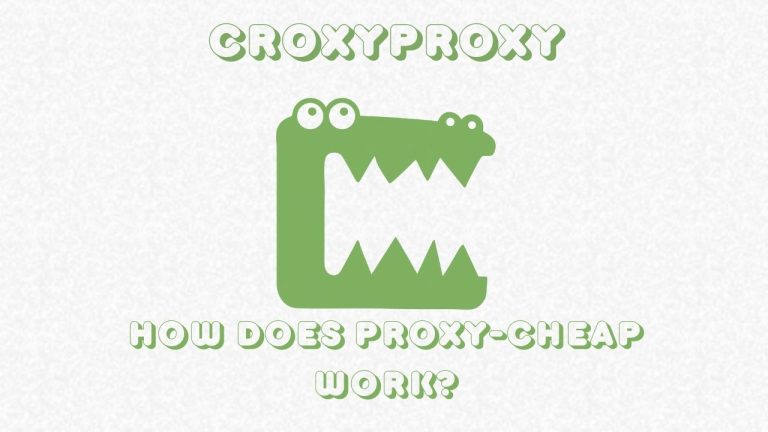Is Working Proxy Safe?
Is Working Proxy Safe? Many users turn to working proxy servers to access blocked websites, protect personal data, or browse anonymously. But the crucial question remains: is a working proxy safe? This article explores the safety, risks, benefits, and best practices of using proxy servers, with insights tailored for savvy internet users in Indonesia and around the world.
What is a Working Proxy?
A working proxy is a server that acts as an intermediary between your device and the internet. When you send a request to access a website, the proxy server receives it, fetches the content, and sends it back to you. In simple terms, it hides your IP address, making it appear as if the traffic originates from the proxy server instead of your device.
Proxies are commonly used for:
- Accessing region-restricted content
- Hiding the real IP address for anonymity
- Managing multiple accounts on social media
- Monitoring and filtering web traffic in workplaces or schools
However, despite these advantages, working proxies do not inherently encrypt your data. This limitation is crucial when considering online safety.
How Do Proxy Servers Work?
Understanding the functionality of proxy servers helps users grasp the potential risks.
- Request Interception: When you type a website URL, the request goes to the proxy server.
- Data Relay: The proxy fetches the data from the website and sends it back to you.
- IP Masking: Your real IP address is hidden, replaced by the proxy server’s IP.
Here’s a simple table showing the difference between browsing with a proxy versus direct internet connection:
| Feature | Direct Connection | Using Proxy Server |
|---|---|---|
| IP Address Visibility | Visible to websites | Hidden; proxy IP shown |
| Data Encryption | Only if using HTTPS | Usually not encrypted |
| Anonymity | Limited | Moderate |
| Access to Restricted Content | Limited | High |
| Risk of Data Theft | Lower if using HTTPS | Higher if proxy is untrusted |
Note: Most free proxies do not encrypt data, which means anyone monitoring the proxy server can see your online activity in real time.
Are Working Proxies Safe?
The short answer: not entirely.
Most working proxy servers are not secure because they lack encryption. Unlike a VPN (Virtual Private Network), which encrypts traffic end-to-end, a proxy simply forwards data. This exposes users to several risks:
1. Data Interception
Unencrypted proxy connections allow hackers or malicious proxy administrators to intercept personal data, including:
- Login credentials
- Bank account information
- Private emails or messages
This risk is particularly high with free public proxies, which are often unmonitored and may be operated by untrustworthy individuals.
2. Malware and Phishing
Some proxy servers inject ads or malware into your browsing session. Visiting a website through an untrusted proxy can result in:
- Malware downloads
- Pop-up phishing attacks
- Tracking cookies to monitor your activity
3. False Sense of Security
Many users rely on proxies thinking their data is fully anonymous and safe. This false sense of security can lead to risky behavior, such as logging into sensitive accounts on untrusted networks.
Types of Proxies and Their Safety Levels
Not all proxies are equally risky. Understanding the type of proxy you are using helps determine your level of security.
| Proxy Type | Description | Security Level |
|---|---|---|
| HTTP Proxy | Handles only web traffic (HTTP/HTTPS) | Low; unencrypted traffic |
| SOCKS Proxy | Works with all traffic types, including torrent and email | Medium; better anonymity, still mostly unencrypted |
| Transparent Proxy | Identifies itself and passes your real IP | Very Low; not safe for anonymity |
| Anonymous Proxy | Hides your IP but reveals that a proxy is being used | Medium; basic anonymity |
| Elite/High Anonymity Proxy | Completely hides IP and usage of proxy | High; best choice for privacy |
Tip: For Indonesian users accessing sensitive information online, using a high anonymity proxy or VPN is highly recommended.
Working Proxy vs VPN: Which is Safer?
Many users confuse proxies with VPNs. While both hide your IP address, the security levels are drastically different:
| Feature | Proxy Server | VPN |
|---|---|---|
| Data Encryption | Usually none | Full encryption |
| IP Masking | Yes | Yes |
| Anonymity | Moderate | High |
| Speed | Fast | Can be slower due to encryption |
| Suitable for Banking | No | Yes |
| Cost | Free or low-cost | Usually subscription-based |
A VPN is safer for handling sensitive data, online banking, or secure communications. A proxy is better suited for bypassing simple content restrictions, but it does not secure your data.
How to Use a Working Proxy Safely
If you decide to use a proxy, following safety measures can reduce risks:
- Choose a Trusted Proxy: Avoid free, public proxies. Paid or reputable proxy providers are less likely to steal your data.
- Prefer HTTPS Proxies: Ensure the proxy supports HTTPS to encrypt your web traffic.
- Avoid Sensitive Transactions: Do not log in to banking or personal accounts while using untrusted proxies.
- Regularly Clear Cookies and Cache: This prevents tracking and personal data leaks.
- Combine with a VPN: For maximum security, use a VPN alongside a proxy server.
Benefits of Using a Proxy Server
Despite the risks, working proxies have legitimate uses, especially when privacy or content access is a priority:
- Access Blocked Content: Proxies allow users to bypass geo-restrictions, useful for streaming, gaming, or research.
- IP Address Masking: Protect your real IP from trackers, advertisers, or websites.
- Load Balancing: Businesses use proxies to distribute traffic efficiently across servers.
- Testing Websites: Developers can test websites from different locations using proxies.
Common Misconceptions About Working Proxies
- “All proxies are secure.” Incorrect. Many free proxies log your traffic and expose your IP.
- “Proxies encrypt my data.” Most proxies do not. Only HTTPS or VPN connections provide real encryption.
- “Using a proxy hides everything I do online.” Not true. Websites can still track you via cookies, browser fingerprinting, and other tools.
Conclusion
While working proxies can help users access blocked content and hide their IP addresses, they do not provide full security or encryption. Using them for sensitive activities like banking, online payments, or confidential communications is not recommended.
Indonesian internet users should prioritize trusted proxy servers or combine proxies with VPNs for enhanced online safety. By understanding the limitations and risks, you can make informed decisions and enjoy the internet without compromising your personal information.

